Curious about becoming a sales engineer? 🤔
Well, if you’re good at building strong relationships and love problem solving, it’s for you!
But this problem-solving isn’t just normal sales-related doubts.
You’ve got to know the technical aspects of a company’s product or service. That’s when you’ll sell products with better conviction.
In a nutshell, you need to ace knowledge and trust building, together.
Sounds tough by any chance?
😟 Worried you won’t know where to start your journey as a sales engineer?

Our quick guide will help you explore and understand the key roles and responsibilities, the skills needed, and the tools required to excel this sales job role.
Sounds fun? Let’s dive in!
Who Are Sales Engineers?
Sales engineers are individuals who know how to sell technologically advanced products and services. They are responsible for understanding the technical aspects of a product or service and communicating that information to prospective customers.
Sales engineers are seen as partners for account managers to help them establish the best practices or allow them to understand a customer's technical requirements.

Sales engineers do wear multiple hats, and they often have to act as a:
- 💡 Problem solvers
- 👨🏽💼 Trusted Advisor
- ⚙️ Technical partners
- 👨💻 Consultant
They are also involved in product demonstrations, guiding customers to product implementation, and answering customer technical questions. All in all, they help to achieve your sales goals.
Listen to this podcast to know more about sales engineering basics:
Roles and Responsibilities of Sales Engineers
If you ask a sales engineer, this is what they will say: Sales Engineer Demo Video
Understand: The roles and responsibilities of a sales engineer vary from company to company.
But here are some of the most common duties of sales engineers that you can expect a sales engineer to have. These include:
1. Demonstrate a solution (Product demo)
Sales engineers do a lot of demos to educate prospective customers about technical products. They develop and deliver all technical presentations and demos that help customers understand how a product works.
2. Answering technical questions
Usually, a potential customer will ask technical questions that help them understand the product better. Sales engineers tackle these questions by explaining:
- How a solution works
- Its benefits
- How the product is applicable
And probably, more.
That’s when the buyer may say:

But this information helps buyers make an informed decision (and brings conversions for the business!).
3. Offering supporting during the implementation phase
This is when a customer starts using the product in their production environment. Sales engineers need to support them during this process and ensure they can optimize their usage of the solution.
Sales engineers need to be present with the customer during this phase and offer advice and support on using the product most effectively in their environment.
4. Analyzing costs and sales
A sales engineer’s job is to ensure the company makes a profit. They analyze sales data and costs to determine whether their products are profitable, and they can provide recommendations for improving profitability.
5. Translating customers' technical requirements to specifications
A sales engineer’s job is to ensure the engineering team has all the information they need to design a product. They translate customer requirements into technical specifications and provide this information to the development team.
Once again, the development team will share it with the sales engineer. They will work with the customer to ensure that their specifications are met.

Sales Engineer Career Paths And Types
The roles and responsibilities give you a glimpse of what to expect from the job role.
But…
That’s not enough.
You need to know what’s in store for you if you take up this path 🛣️.
After all, you need to advance with time and experience.
Here’s how it goes:
Sales engineers typically start with entry-level roles that are limited to providing technical support to customers. As they gain experience, they may move up through different levels of management until they become sales managers or other high-ranking executives.
What Is A Sales Engineer - Zippia
Now talking about the types, we can categorize them into three roles. They are
1. Inside sales engineers
An inside sales engineer is a type of sales engineer who supports multiple account managers from the office and does not leave the office to meet customers in person. They typically conduct product demos and provide technical expertise to customers remotely through Webex or zoom.
2. Field sales engineers
A Field Sales Engineer is a type of sales engineer who works in the field and meets with customers in person to provide technical expertise and product demonstrations. They are usually responsible for selling all the products in their company's portfolio, focusing on specific geographic regions or named accounts.
3. Specialist sales engineers
Specialist sales engineers, or Overlays or Solutions Consultants, are sales professionals specializing in one or two products or technologies. They typically travel frequently and cover a larger territory than local sales teams. They are responsible for hitting their quota for those specific products and working independently to manage their schedule and meet their targets.

Top Skills Needed For Sales Engineers
Besides the career path, you need extensive knowledge, soft skills, and interpersonal skills to survive the competition.
According to a study, here’s what you need to stay relevant:
- 6.1% of professionals believe that you need to master the pre-sales
- 5.2% of professionals confirm that customer service is also crucial for the role
- 4.7% of professionals suggest that you must master the sales process
- 3.8% of professionals confirm that technical skills will help you stay ahead in the race
Whereas, 76.9% of professionals believe that there are other skills, like interpersonal skills that any sales engineer must look into.

How To Become a Sales Engineer?
So far, you’ve understood what it takes to be a sales engineer.
Now, it’s time to become one!
Here’s our list of steps to get you started.
1. Select an industry
Sales engineers enter their field from various backgrounds: construction, manufacturing, science, and information technology. So research sales engineer positions in different industries that interest you most.
Here are the common industries for sales engineers:
- Architectural design
- Automated machinery for automobile manufacturing
- Computer hardware equipment, or computer software systems
- Manufacturing
- Telecommunications
Once you have narrowed down this section, start pursuing post-graduate programs or courses that help you learn sales skills.
2. Start with basic training
The next step after graduation will be basic training. This will help you understand the basics of sales engineering, such as products and services, different types of industries, and their market analysis.
You need to have these skills to become an independent sales engineer. You will work under a more experienced sales engineer or general sales manager until you can make cold calls and write contracts. You can get this experience by working as an intern or sales apprentice.
3. Get relevant work experience
The best way to become an independent sales engineer is to work as one. This experience will help you better understand the job and what it takes to succeed in this field. You can gain this hands-on experience by doing some internships.
Here are some examples of how you can gain relevant work experience,

4. Develop your non-technical skills
While technical knowledge is essential in sales engineering, communicating effectively with customers and selling the product is equally important. This is where developing non-technical skills comes in.
Sales engineers need to be able to effectively communicate the technical aspects of the product to customers, which requires strong sales and communication skills. These skills can be developed in several ways, including reading popular sales books.
You can learn about sales techniques, customer psychology, and communication skills by reading sales books. These skills are crucial in building customer relationships, understanding their needs, and closing deals. Some of the popular sales books include,

In addition to reading books, you can also attend sales training courses, participate in role-playing exercises, and seek mentorship from experienced sales professionals. These methods can help improve your non-technical skills and become more effective in your role as a sales engineer.
5. Obtain your resume and apply for jobs
Now you have relevant work experience; the next step is to build a solid resume to help you land a job. You can find resume templates online, or if you have more experience, customize your resume to highlight your skills and accomplishments.
Don't forget to highlight your hands-on experience and the skills you got with your internships. You can use the same tools college students use to find jobs, such as LinkedIn and Indeed. You can also contact your former intern supervisor and request a recommendation letter.
6. Network a lot
If you are serious about developing a successful career as a sales engineer, the strength of your network will be one factor that impacts your ability to find new clients. You can attract more referral business if your network is extensive and well-connected.
Networking also offers you the chance to find new opportunities for your career. It helps you make powerful connections and establish a support structure around your sales engineer job. You can network by participating in industry events, joining professional organizations, and participating in social media groups.
How to Prepare for a Sales Engineer Interview?
Preparing for a sales engineer interview can be intimidating, but you can make it easier by researching and preparing a few questions.
But before we dive into the preparation tips, let's see what people expect from you while conducting an interview. This will help you present yourself in the best light possible.
The interviewer will be looking for the following:

Here are some tips for getting ready:
1. Research the company and industry
Before the interview, make sure to research the company and industry thoroughly. This includes understanding the company's product or service, target market, and competitors. This knowledge will help demonstrate your understanding of the company's needs and how you can contribute to its success.
Treat this like a discovery call to better understand them and showcase why you are the best for the position.

2. Brush up your soft skills
Before your interview, make sure to brush up on your soft skills. This includes answering tough questions gracefully, staying calm during stressful situations, and making an excellent first impression. Practice these in front of a mirror or with someone who can give you constructive feedback to prepare you for any situation.
3. Be prepared to demonstrate your problem-solving skills
Sales engineers often need to troubleshoot and solve problems on the spot, so be ready to show your problem-solving skills during the interview.
Provide examples of when you solved a technical issue or devised a creative solution to a customer's problem. If you are a fresher, you can also use this opportunity to highlight your ability to learn new skills quickly and work independently.
4. Highlight your sales experience
Sales experience is essential in a sales engineering role, so highlight any relevant experience. You can even highlight the hands-on experience you had during your internship.
You can also highlight your ability to manage customer relationships and provide solutions that meet their needs.
5. Send meeting notes
People often advise you to send thank you notes after interviews. But as a sales engineer, you can go one step further and send meeting notes. These notes will help you show attention to detail and give the interviewer an idea of your thoroughness.

Are Sales Engineers' Careers at Risk Due to AI?
As the AI revolution continues to take hold in the workforce, many people are worried that their jobs may be at risk. Sales engineers are no exception.

If you’re a sales engineer concerned about your job security, you should know that AI is made to automate repetitive tasks.
While AI may bring automation to certain aspects of a sales engineer's job, it is unlikely that their careers are at risk. Sales engineering relies heavily on human interaction and the ability to communicate with technical and business audiences, gather pain points, and offer customized solutions.
These skills are difficult to replicate with AI.
On top of that, the relationship-building aspect of sales is crucial, and people tend to buy from people they like and trust. While AI may offer some level of automation and assistance, it is unlikely to replace the human element of sales engineering completely.
In short, AI can never replace or get the same results as human sales engineers.
Frequently Asked Questions
1. Is sales engineering a suitable career?
Yes, a career in sales engineering can be a good fit for those who enjoy combining technical knowledge with sales skills, have strong communication and relationship-building abilities, and are willing to work in a fast-paced, dynamic environment.
Moreover, earning possibilities are also good; you can become a consultant or build your independent sales firm.
2. Is it hard to become a sales engineer?
Becoming a successful sales engineer can be challenging, but it is possible with the right combination of technical knowledge, sales skills, and relevant work experience. It may require significant time and effort, but if you are passionate about sales and want to learn, you can succeed in this career.
3. How much money do sales engineers make?
The average annual salary for a Sales Engineer is $125,000. However, as you will earn commissions on top of base pay (OTE), this translates into an actual yearly income closer to $175,000, according to Repvue.
On the other hand, sales engineers at top enterprise software companies can earn $300,000 or more, which is a big deal if you ask me.
Wrapping up
In conclusion, becoming a sales engineer is a rewarding career path for those who enjoy combining technical expertise with sales skills. Following the six steps outlined in this article, you can set yourself up for success in 2026 and beyond.
With determination, hard work, and a passion for sales, you can build a fulfilling career as a sales engineer and make a meaningful impact in your industry.
Take the first step toward your future as a sales engineer today - Okay? Okay :)
Related Reading
Types of Sales Enablement Content with Examples

.svg)
.svg)




.webp)



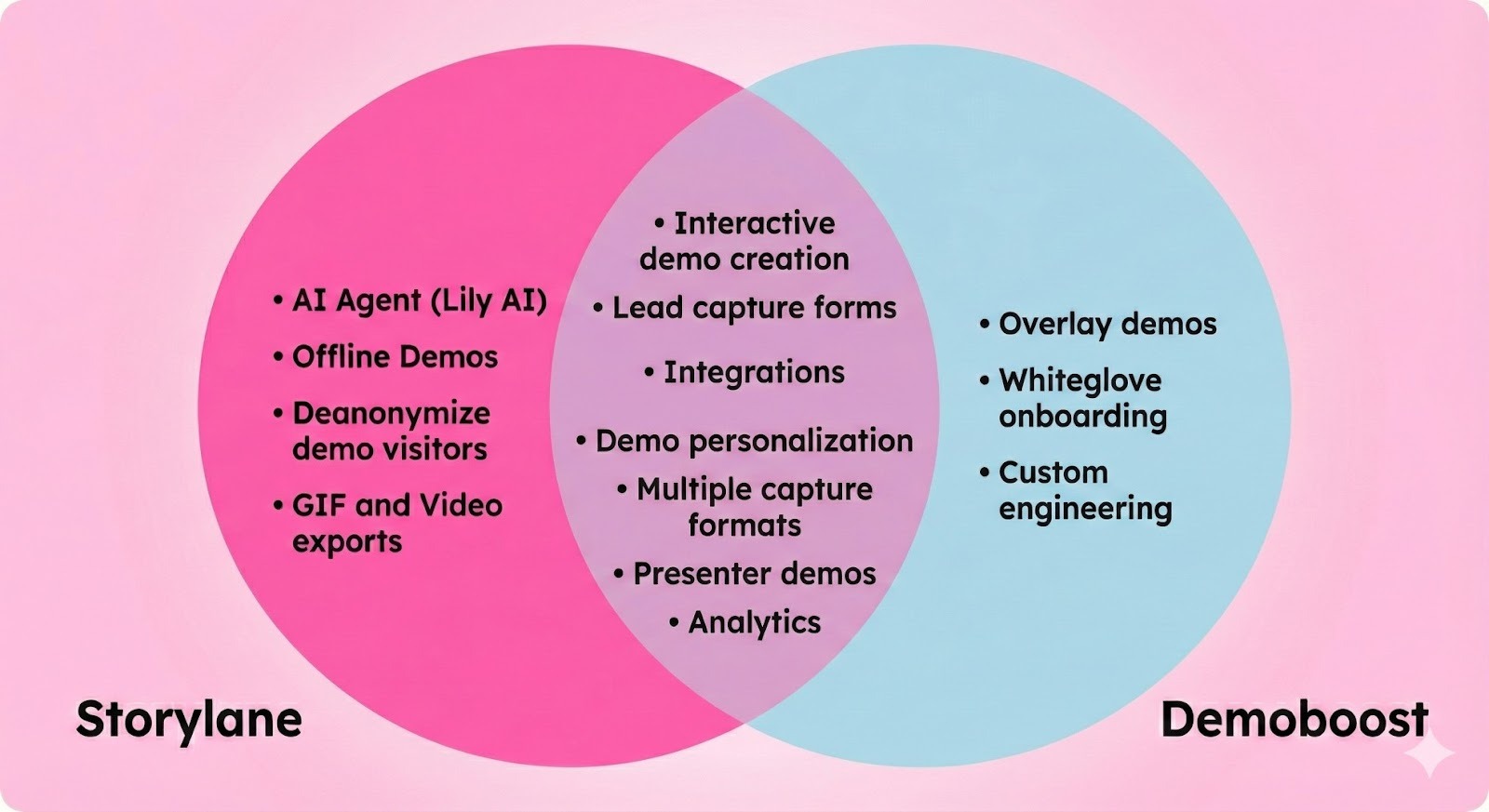

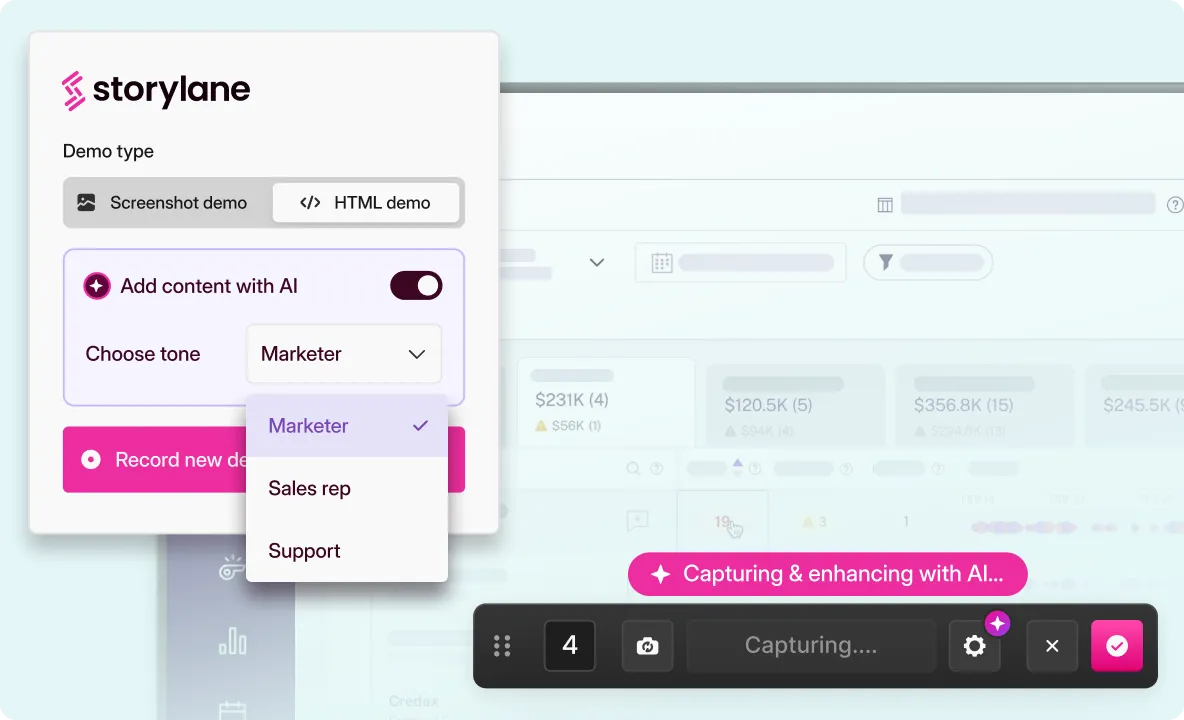
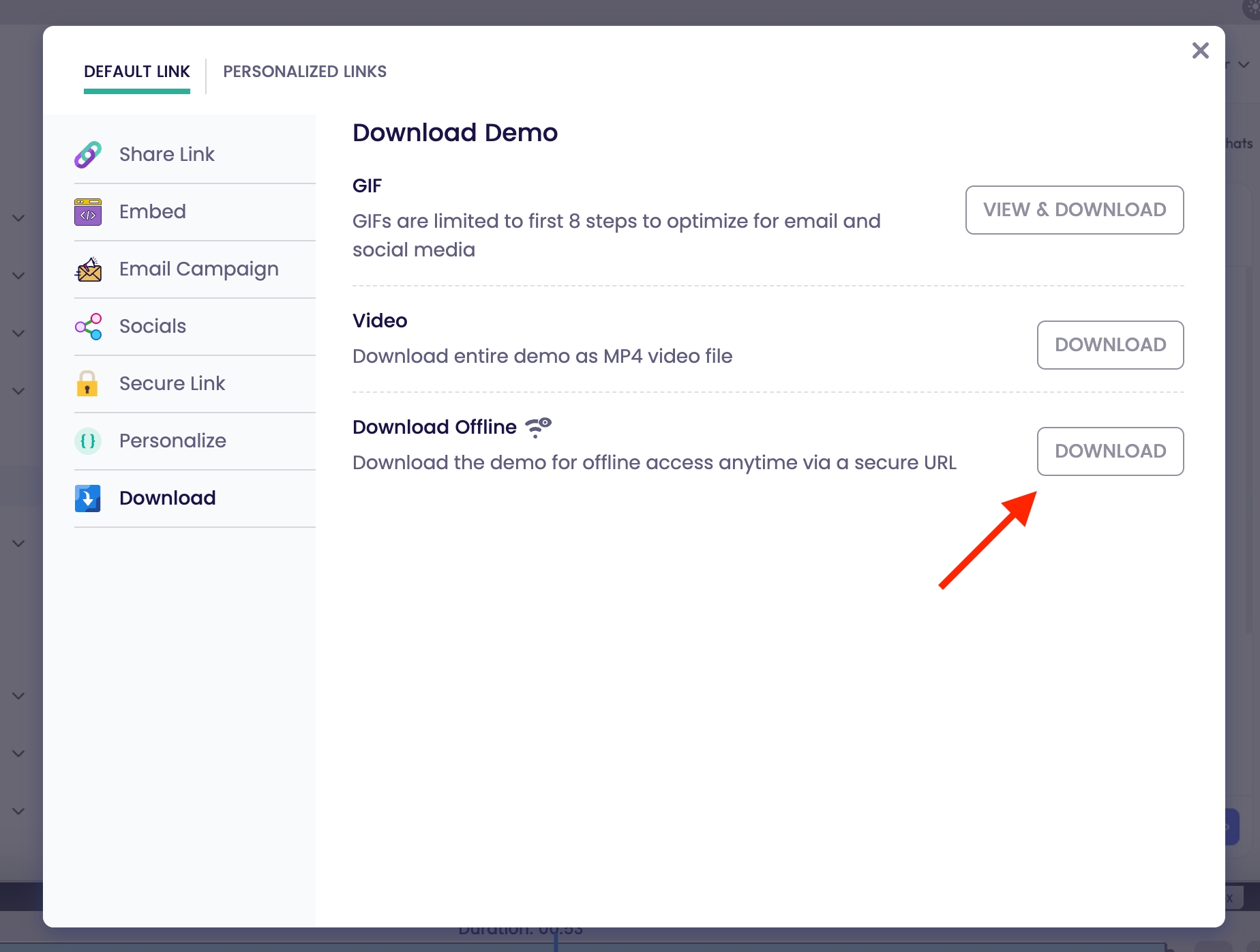
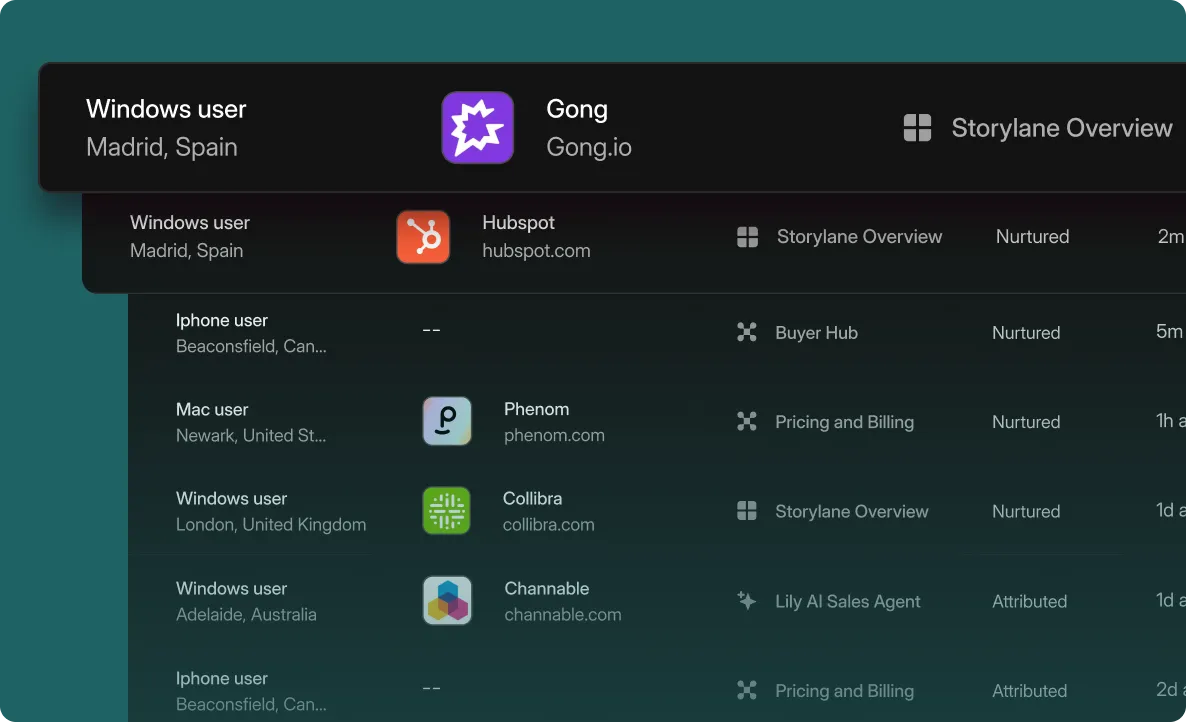
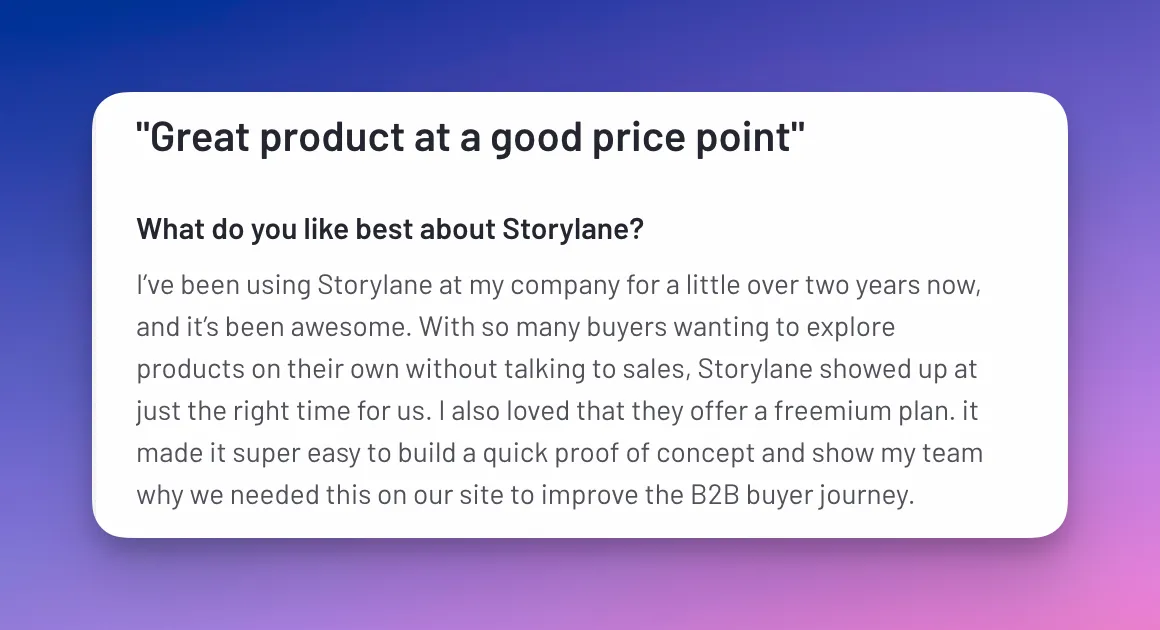
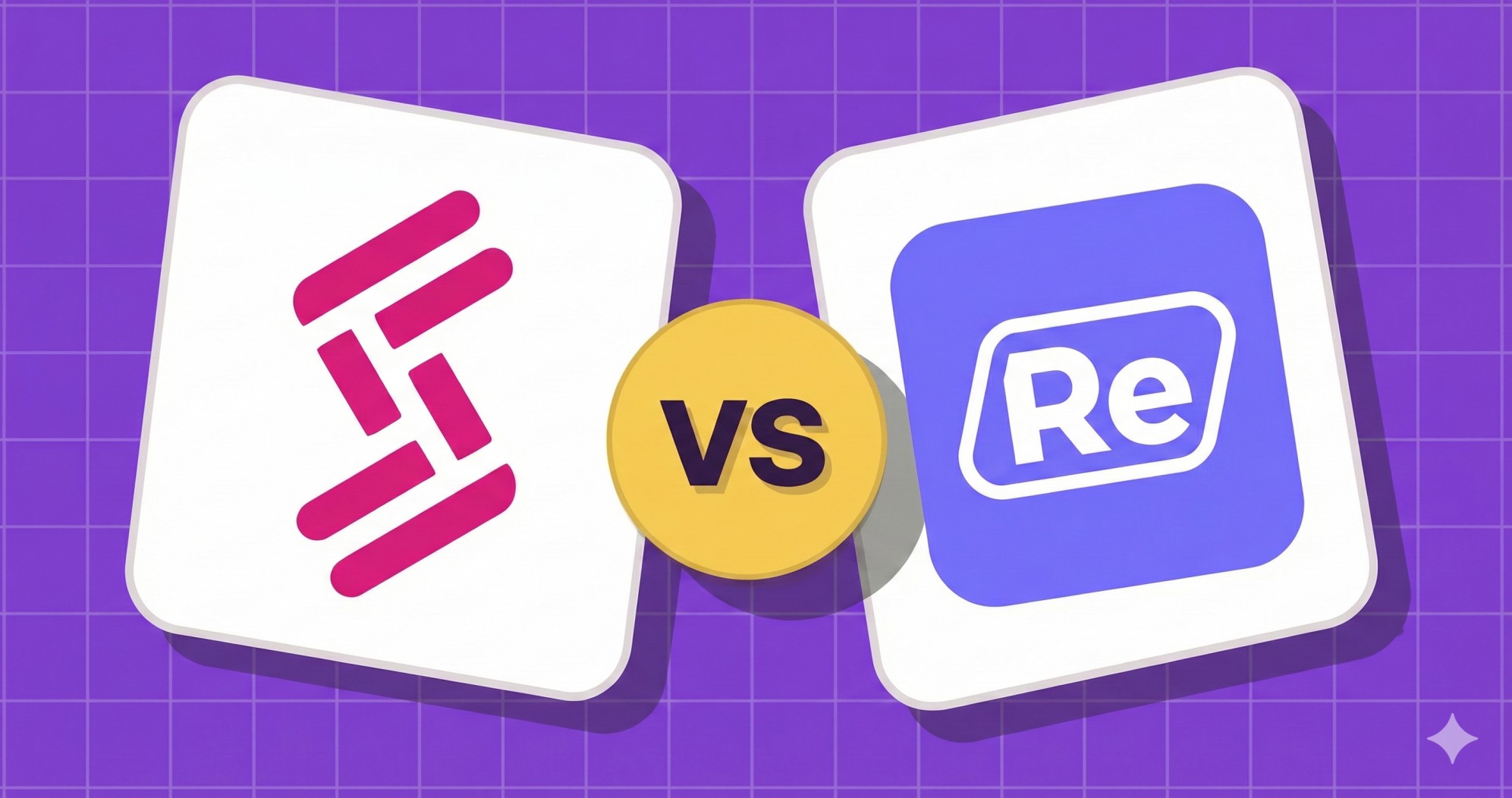
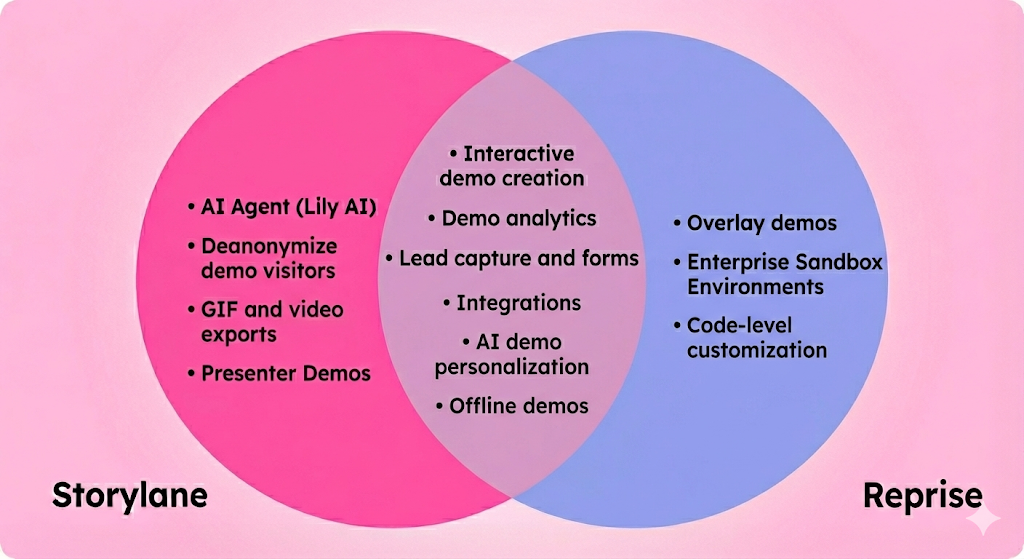
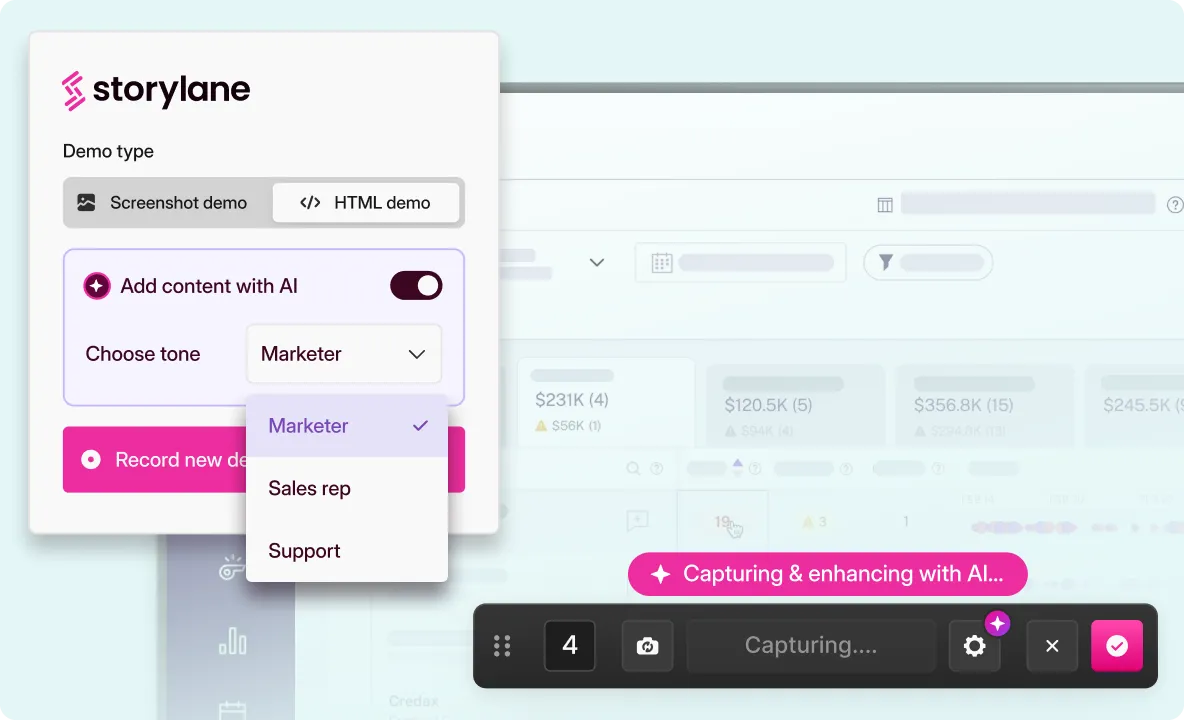
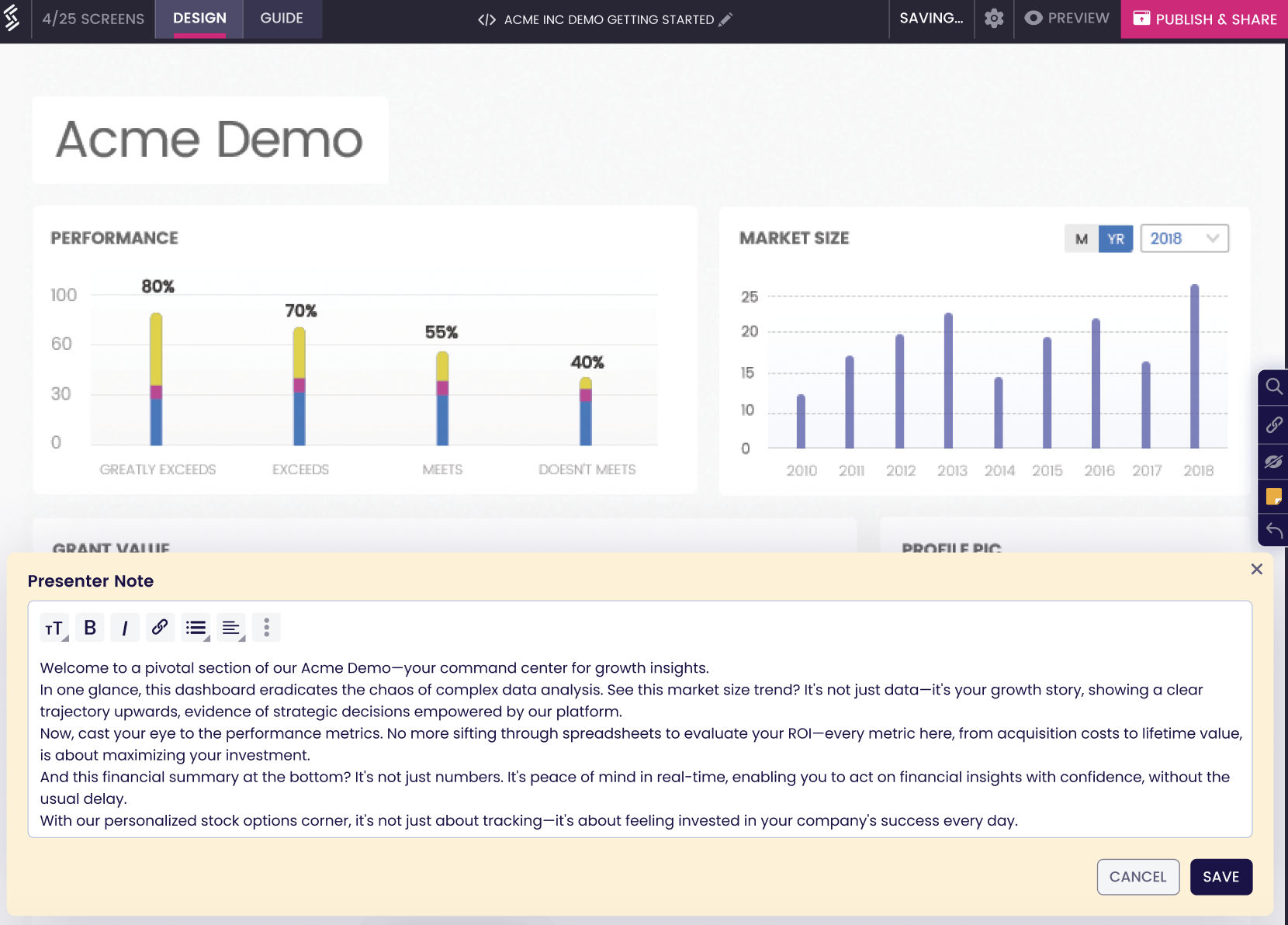
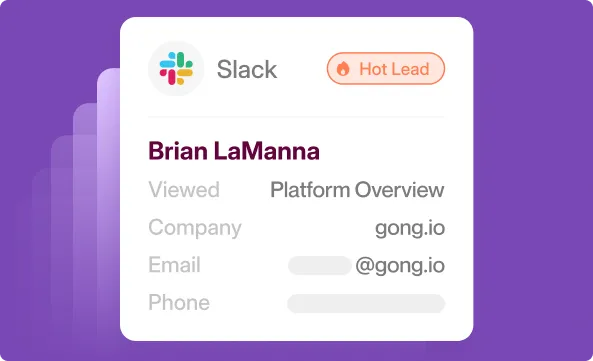
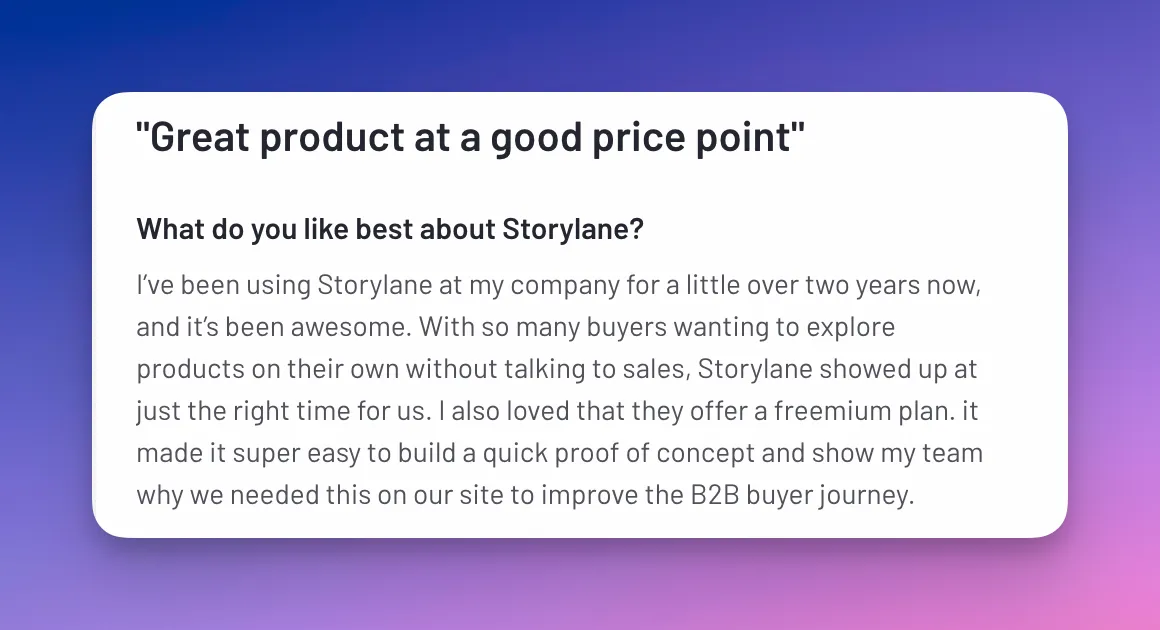
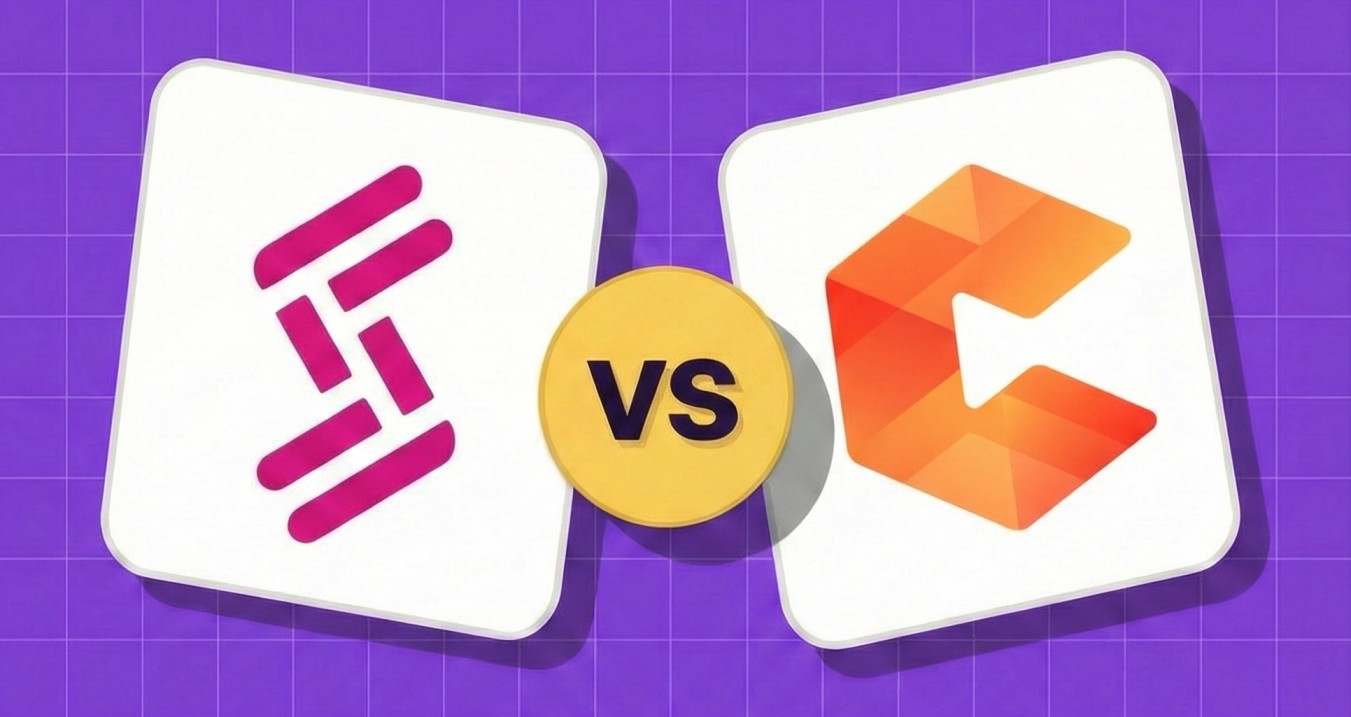
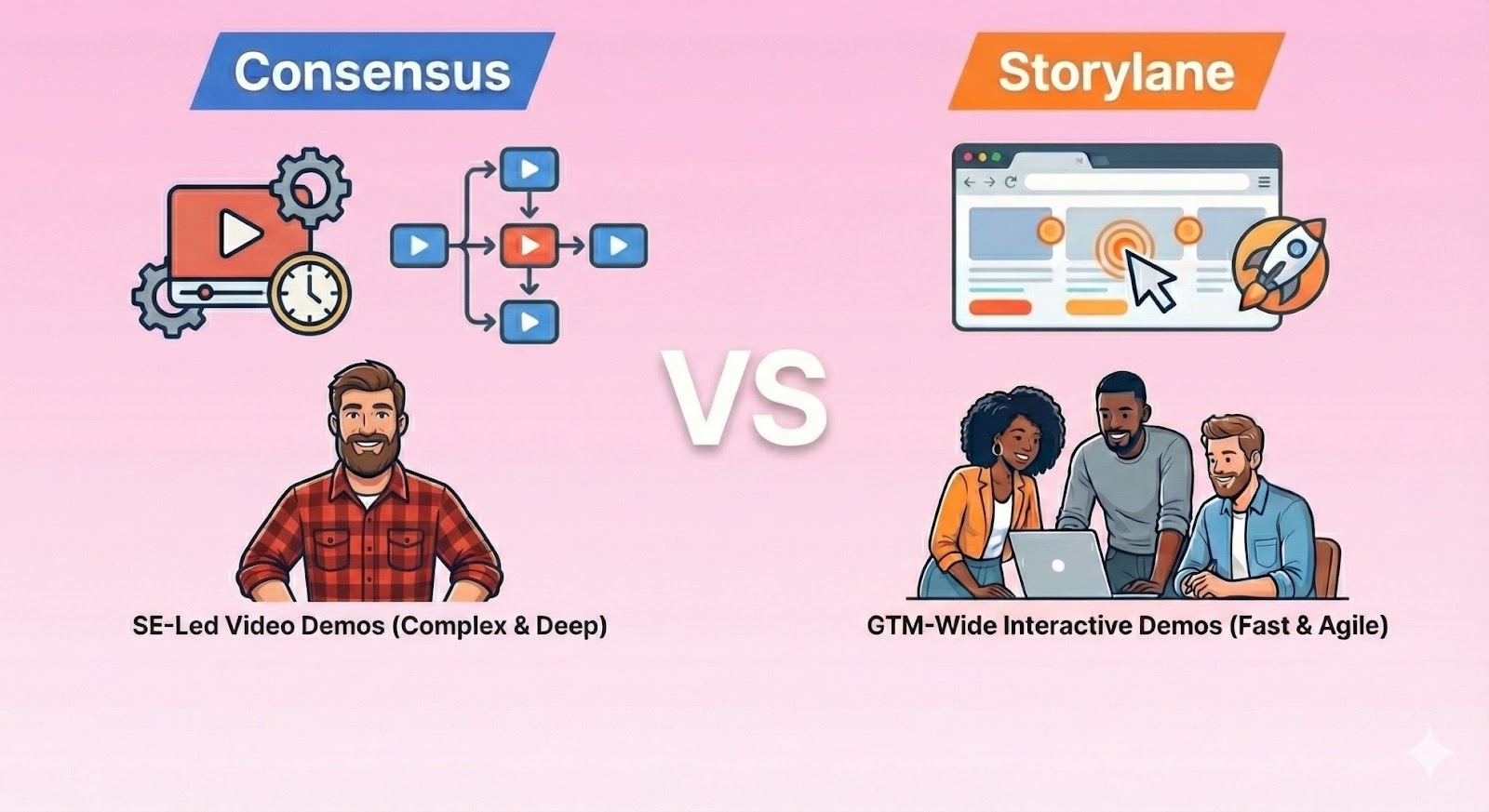
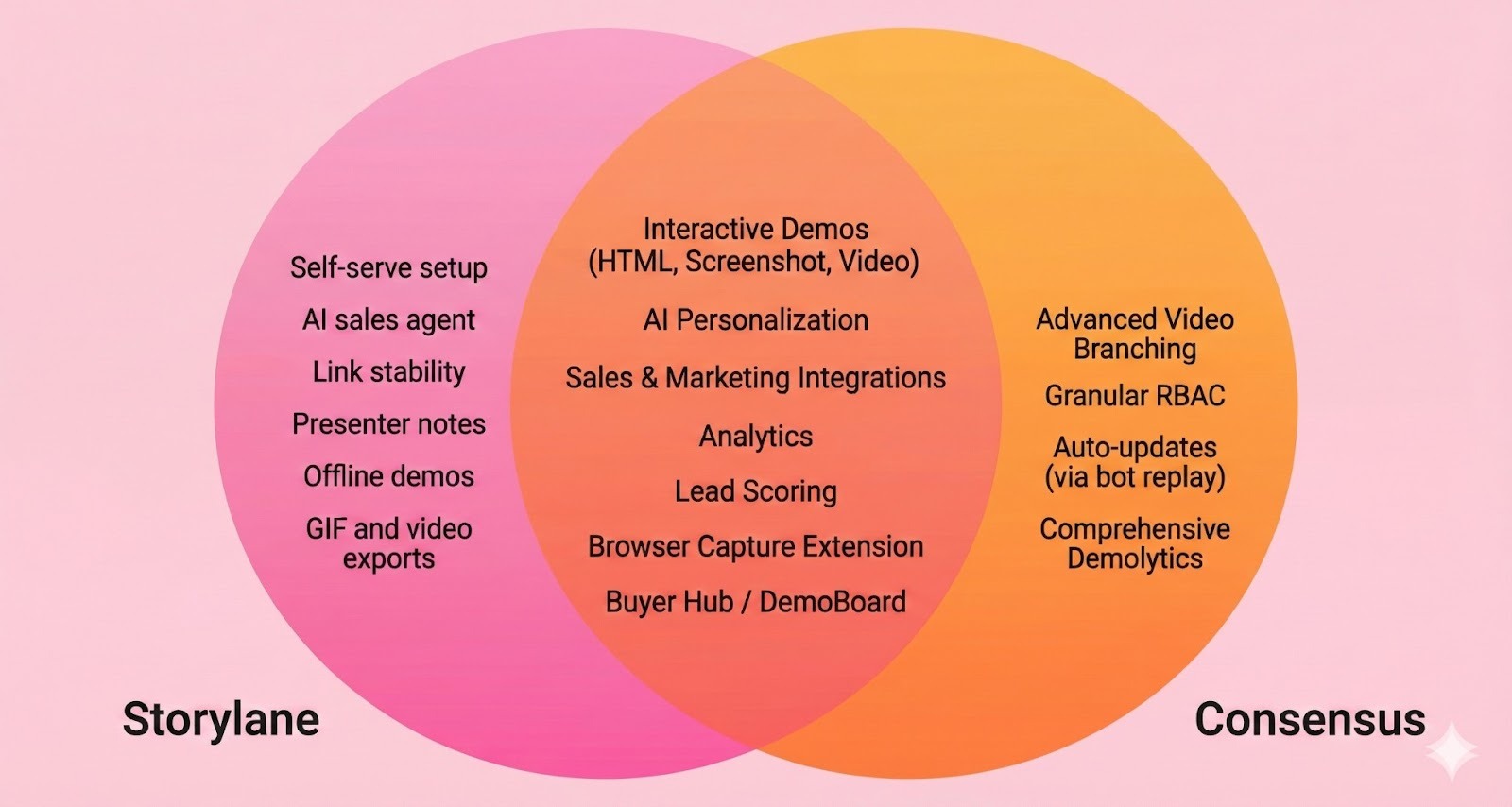

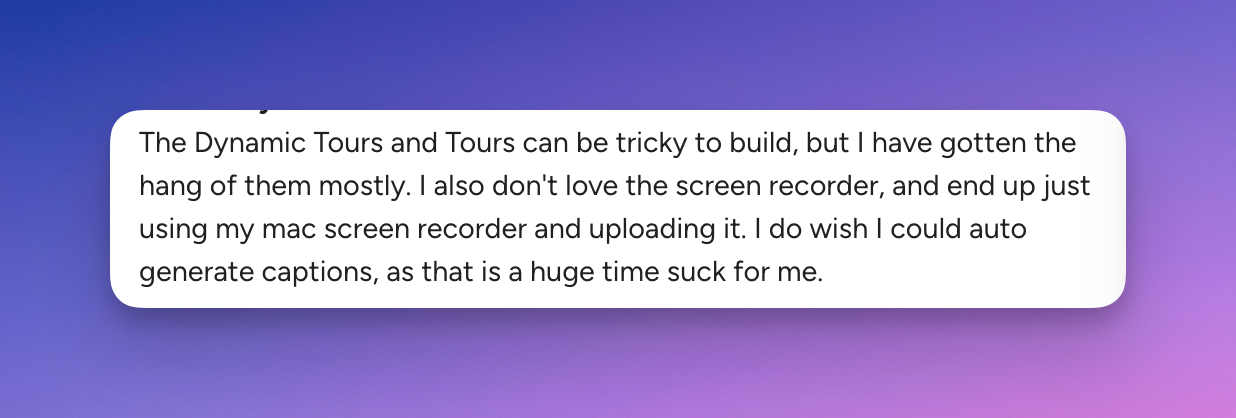
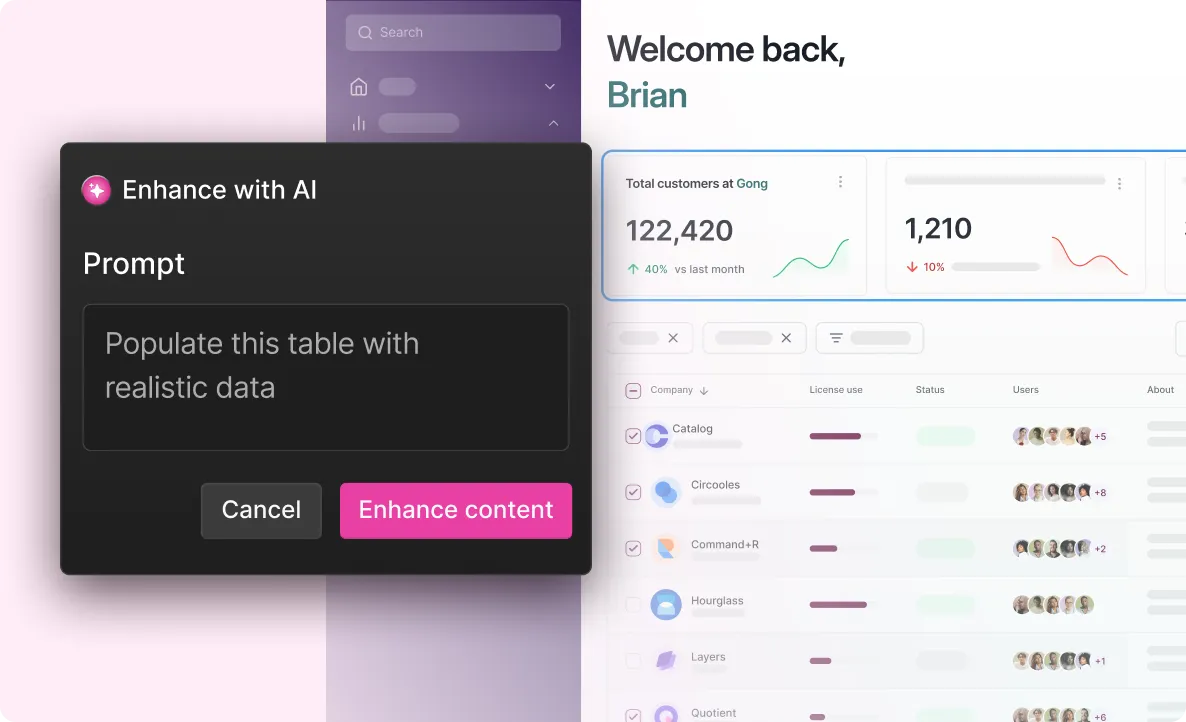

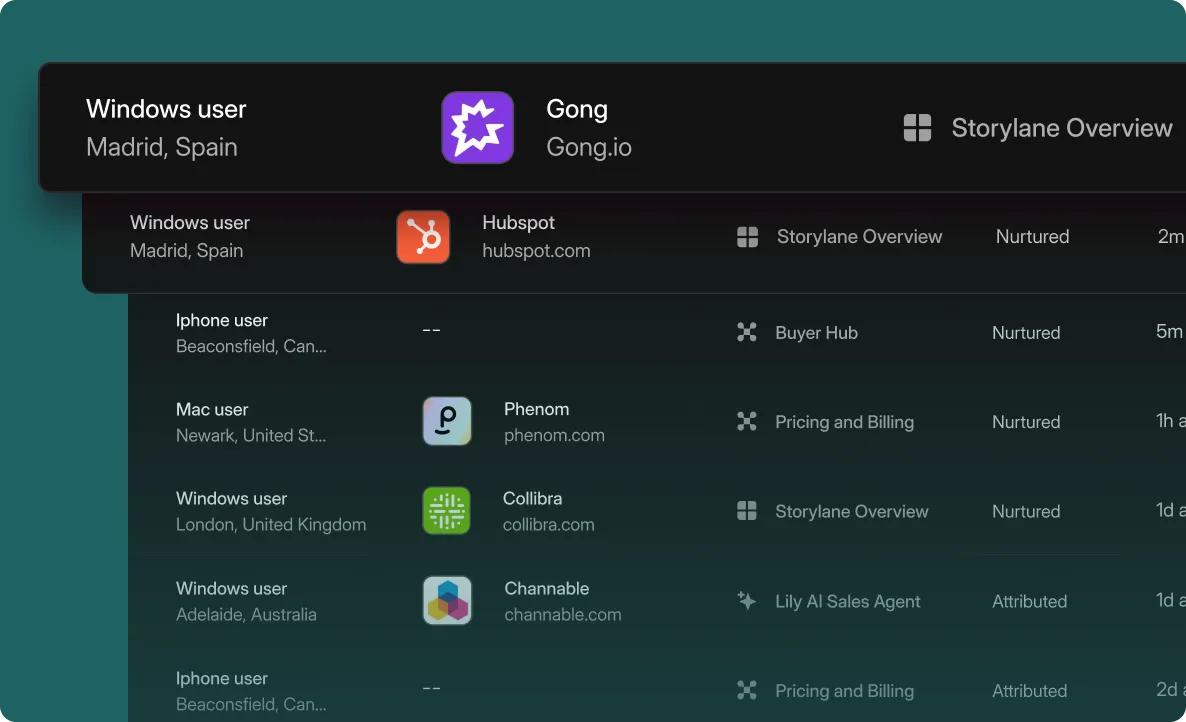
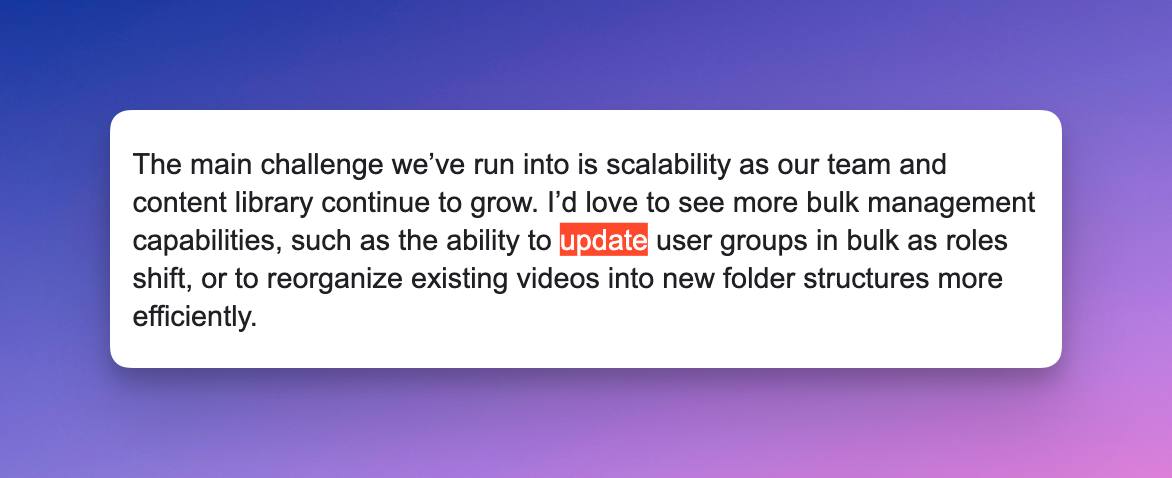

.svg)

.webp)